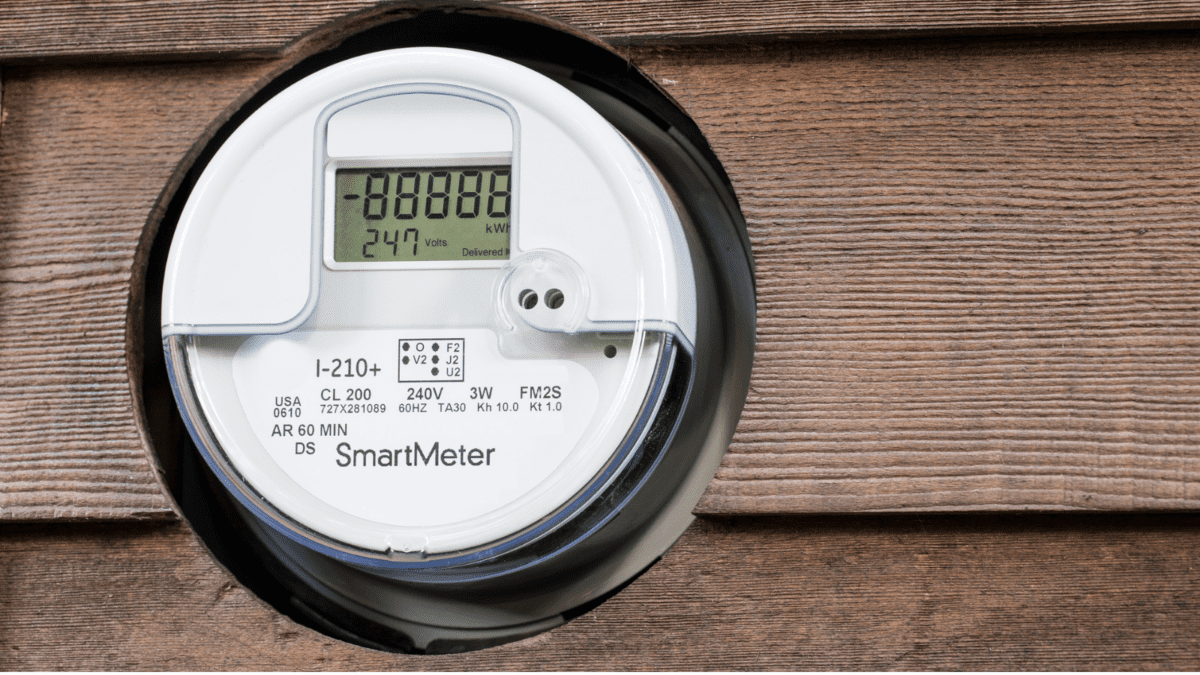Seniors in firing line with smart meter roll-out
National Seniors Australia (NSA) says it’s sheer sophistry for the Australian Energy Market Commission (AEMC) to assert strong consumer protections have been embedded in its final ruling for the mandatory roll out of smart meters.
An AEMC statement said smart meters would be deployed across the national electricity market by 2030, delivering benefits sooner to consumers while ensuring strong customer protections.
AEMC chair Anna Collyer said the reforms recognised smart meters as essential infrastructure for transitioning to a renewable energy system and achieving net zero emissions targets. “Smart meters are the digital foundation needed for a modern, connected and efficient energy system.”
But Chris Grice, NSA chief executive officer, said AEMC’s plan for a mandatory roll out of smart meters came without adequate consumer protections and would punish many people who didn’t have the understanding, capability or resources to change their energy use.
“The cost of energy is one of the top three concerns among seniors (people aged 50 and over), with 66 per cent selecting it as an expense of concern in NSA research.
“The regulator had proposed consumers wouldn’t be forced on to complex and unfair tariffs for three years after a mandatory installation of a smart meter.
“In our response to this proposal, we argued this consumer protection should be ongoing. Astonishingly, the regulator has wound back its own proposal, from three years to only two years.”
He said the AEMC had failed to adequately explain how a two-year protection safeguarded consumers as households installing a smart meter won’t get any protection after this point.
“Households already with a smart meter will get no protection from retailers forcing inappropriate tariffs on their customers. It’s simple – consumers should never be moved to time-of-use or demand tariffs without informed and explicit consent, especially given ongoing cost-of-living concerns.
“They should only move if they have the means to effectively manage the process. The roll out of smart meters will place increased cost pressures on already struggling and financially stretched households if they cannot manage time-of-use or demand tariffs.”
He added that demand tariffs should be banned as they were only cost-recovery tools for retailers.
“Forcing people on to tariffs they don’t understand or can’t manage will have a negative impact for future energy reforms because once bitten twice shy – the bill shock will see to this.”
The final rules from AMEC include two core reforms to unlock smart meter benefits sooner – accelerated deployment of smart meters and access to power quality data.
Supporting these core reforms were new customer safeguards that AMEC asserted would protect them from potential cost risks by prohibiting any upfront costs ahead of a smart meter installation and introducing new explicit informed consent and notification requirements ahead of any retail tariff changes.
Grice strongly disagrees and wants the government to step in and override this poor decision before it’s too late for consumers.
“We are not opposed to smart meters for those who can manage them. We simply want adequate protections for the many who will struggle to understand the complex tariffs they enable.”
Grice said the NSA’s expectations were not high, yet the regulator had managed to disappoint with a decision that seemed to benefit industry over households.









